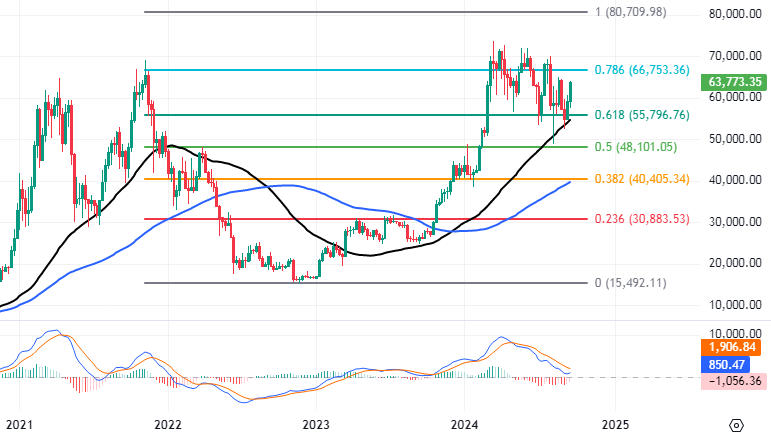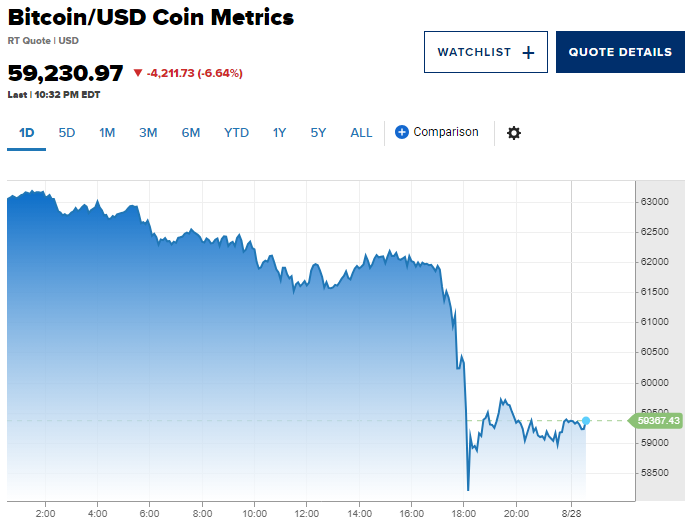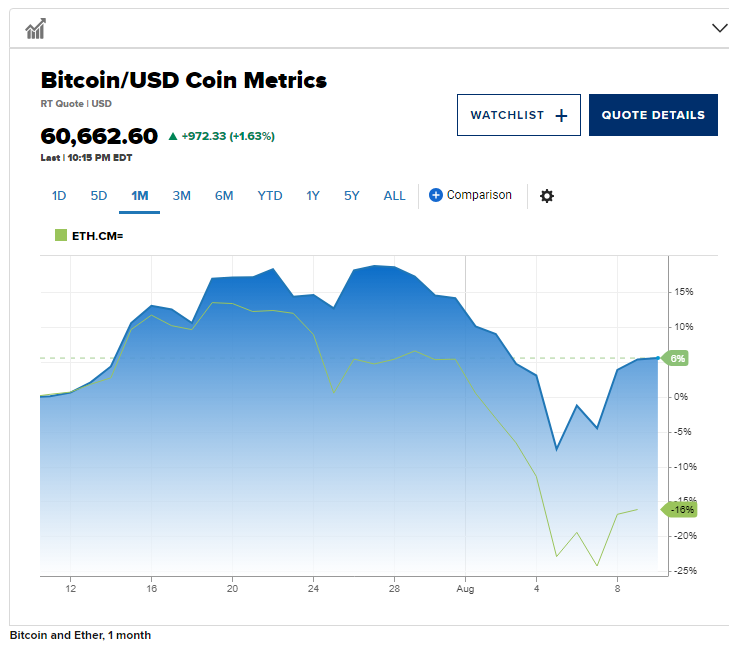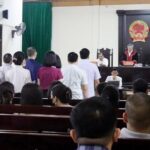
Seminar on rooftop solar power for self-production and self-consumption was held recently by the Ministry of Industry and Trade (May 4). Photo: Can Dung
|
A technical consultation seminar on rooftop solar power for self-production and self-consumption was recently held by the Ministry of Industry and Trade (May 4) with the participation of many leaders of energy research institutes and associations, as well as experts in the field of rooftop solar power. The seminar was chaired by Minister of Industry and Trade Nguyen Hong Dien.
Developing rooftop solar power is necessary
In his summary report on the development of a decree stipulating mechanisms and policies to encourage the development of rooftop solar power for self-production and self-consumption, Mr. To Xuan Bao, Director of the Electricity and Renewable Energy Department (Ministry of Industry and Trade), said: In implementing the tasks assigned by the Government and the Prime Minister in Notice No. 165/TB-VPCP dated April 16, 2024 and Notice No. 183/TB-VPCP dated April 25, 2024, on the development of a decree stipulating the mechanisms and policies to encourage the development of rooftop solar power for self-production and self-consumption, the Ministry of Industry and Trade has established a drafting committee and an editorial board to draft a decree on rooftop solar power for self-production and self-consumption in Decision No. 822/QD-BCT.
Currently, the Ministry of Industry and Trade is studying, absorbing, and explaining feedback to finalize the draft decree on rooftop solar power for self-production and self-consumption. This decree stipulates the development of solar power installed on the roofs of buildings for the purpose of self-production and self-consumption, and does not sell electricity to other organizations or individuals.
Regarding the subjects of application, the agencies, organizations, and individuals managing and participating in the development of rooftop solar power in Vietnam in the form of self-production and self-consumption, as well as other relevant organizations and individuals, are included. The roofs of existing buildings include: houses, offices, industrial parks, industrial clusters, production facilities, and business establishments that have been invested in and constructed in accordance with legal regulations.
Cases that are not subject to this Decree are as follows: Rooftop solar power implemented under Article 5, Clause 11 of Resolution No. 98/2023/QH15 dated June 24, 2023, of the National Assembly on piloting a number of special mechanisms and policies to develop Ho Chi Minh City. Rooftop solar power implemented under the direct power purchase and sale mechanism.
Proposal for a period of “0 dong price” for rooftop solar power
Agreeing with the provisions of the draft decree, Mr. Nguyen Anh Tuan, Vice Chairman of the Energy Association, said that while the full benefits, costs, and implications of households with self-produced and self-consumed solar power selling electricity to the grid have not been calculated, EVN agrees with the Ministry of Industry and Trade on the provision of “recognizing electricity output at a price of 0 dong”.
This provision implies that the “recognition” of these social assets as contributions (or adverse impacts) to the electricity supplier requires specific calculations of the “benefits and disadvantages” of this electricity output.
For example, benefits include reducing new source investment, reducing transmission and distribution costs, and reducing greenhouse gas emissions. Disadvantages include having to reduce or stop electricity generators with economic efficiency, increase dispatching costs, and adjust pressure under load due to excess source input at low noon and no output at high peak in the afternoon. The value of this recognition, for the time being, may be allowed by the Government to be accounted for in the investment costs of electricity supply to remote and isolated areas, and not be considered as profit for the electricity supplier. Clear explanations are needed to avoid speculation and agitation against the policy.
“The “0 dong price” is cautious, temporary, and prevents policy profiteering in the absence of actual experience, so it is recommended that the decree include provisions on the period of application of this 0 dong price (for example, the three-year period 2024-2027),” Mr. Tuan emphasized.
Mr. Tuan added that the Ministry of Industry and Trade should continue to research and calculate, fully assess the benefits and costs in terms of technology, legal implications, and socio-economic impacts, so that in the following phase, a reasonable price can be set. At that time, the State can set high, low, or negative prices, depending on the time and geographic area.
Increasing market mechanisms to prevent group interests in electricity management
Welcoming the inquisitive spirit of the Ministry of Industry and Trade, economic expert, Dr. Nguyen Minh Phong confirmed the advantages and correctness of the draft decree in three points: Firstly, it encourages solar power generation in general and self-produced and self-consumed electricity in particular – in line with the spirit of Electricity Plan VIII. Secondly, it respects technical and management factors in the management of connected solar power systems to ensure stability and safety. Thirdly, it increases market mechanisms and harmonizes interests in electricity management in accordance with Electricity Plan VIII, avoiding group interests and limitations in hard and soft capacity that restrict renewable energy capacity to ensure the net zero carbon target that the Government committed to at COP 26.
Regarding solutions, Mr. Phong suggested increasing market mechanisms, minimizing conflicts of interest, and increasing social consensus in this policy, including not allowing the sale of surplus electricity to others because it is part of the direct power purchase and sale mechanism, and is protected by Electricity Plan VIII in law.
Do not commercialize rooftop solar power
 Assoc. Prof. Nguyen Viet Dung, Vice Rector of the Faculty of Mechanics (Hanoi University of Science and Technology)
|
Assoc. Prof. Nguyen Viet Dung, Vice Rector of the Faculty of Mechanics (Hanoi University of Science and Technology) also agreed with the policy of supporting the development of rooftop solar power to mobilize social resources and reduce pressure on the development of electricity sources to serve the development of the economy.
Assoc. Prof. Nguyen Viet Dung said that, in terms of technology, he fully supports the absence of buying, selling, and commercialization in the development of rooftop solar power. The connection only takes place in the condition that the roof voltage is not enough for use during hours without sunshine or on days when the weather is not favorable.
“Japan spent 40 years developing renewable energy, and to date, the total capacity of Japan’s renewable energy in the national grid has only fluctuated between 30 and 40%. But in just 6 years, the total capacity of renewable energy sources has reached 28.5%. This has put a lot of pressure on the national grid and the Vietnam Electricity Group (EVN) to balance the grid,” analyzed and informed Assoc. Prof. Nguyen Viet Dung.
Assoc. Prof. Dung said: The entire thermal power system now always has to run at full capacity to give way to renewable energy, and solar energy is a non-linear energy source; a single cloud passing by will immediately cause the load to drop. Therefore, it is impossible to connect projects outside the plan, as this will cause the grid system to become unstable and dangerous for the safety of the national grid.
Rooftop solar power with 0 dong price to prevent policy profiteering
Concluding the seminar, Minister Nguyen Hong Dien expressed his special thanks for the opinions of energy and economic experts, for their profound, passionate, and responsible statements raising issues for the Ministry of Industry and Trade in general and the drafting board of the Decree in particular to have thoughtful considerations and try to find the best solution in this policy.
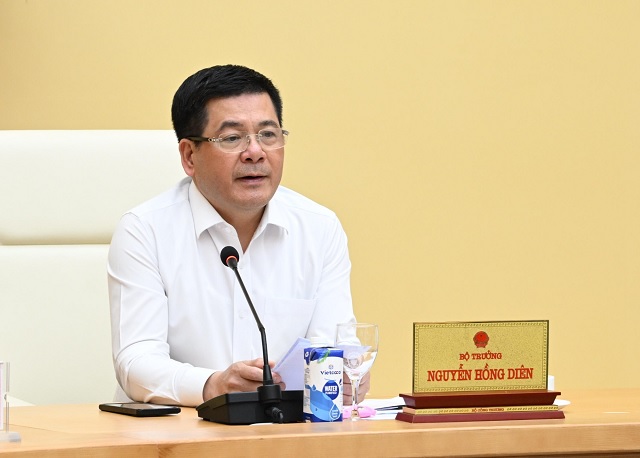
Minister Nguyen Hong Dien
|
According to the Minister, the purpose of encouraging the development of rooftop solar power for self-production and self-consumption is for self-use, self-sufficiency for one’s own needs, reducing the purchase of electricity from the national power system, and reducing pressure on the power system.
Due to the purpose of self-production and self-consumption, the Ministry of Industry and Trade has proposed to the Government to allow rooftop solar power for self-production and self-consumption to be connected to the national power system, exempt from electricity business licenses; construction works with rooftop solar power for self-production and self-consumption do not have





















